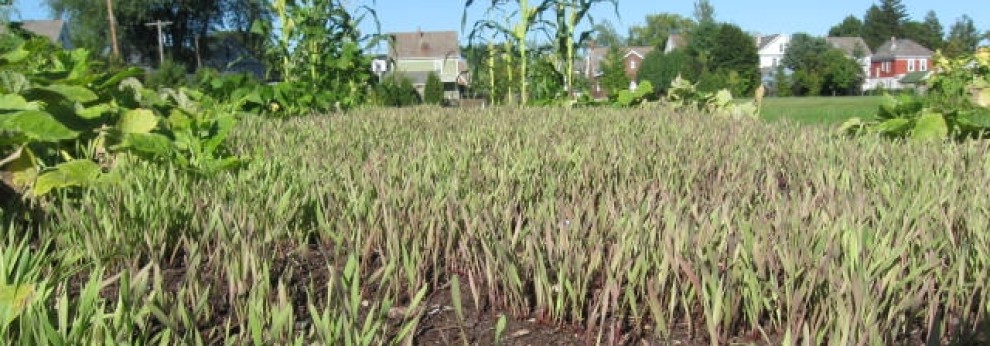Learning, like any other slice of human development, is far too complicated to explain successes or failures in terms of a single factor or two. But contact with nature appears to be a very important one. And education policymakers ought to get their hands around this, starting with a peek at voluminous research supporting this notion.
Goodness knows, sitting at desks in traditional classrooms is not working for many, many students.
“It is time to take nature seriously,” write university researchers in Frontiers in Psychology, “as a resource for learning and development. It is time to bring nature and nature-based pedagogy into formal education – to expand existing, isolated efforts into increasingly mainstream practices.”
This conclusion is drawn from hundreds of publications that show and describe how contact with nature supports learning in many different way.
“Report after report – from independent observers as well as participants themselves – indicate shifts in perseverance, problem solving, critical thinking, leading, teamwork and resilience,” write authors of Do Experiences with Nature Promote Learning? Converging Evidence of a Cause-and-Effect Relationship.
The authors, from the University of Illinois and the University of Michigan, explain that nature promotes learning by improving learners’ attention, lowering stress, strengthening self-discipline and boosting interest and enjoyment of learning. In one of many examples, they cite research suggesting that learning in nature improves motivation and most strongly among students are who least motivated in regular classroom.
Neither tougher standards nor stricter discipline, more after-school tutoring, uniforms or better recreational outlets are likely to make much difference with many especially challenging students without addressing perseverance, problem solving, critical thinking, leading, teamwork and resilience issues at least at the same time. But fortunately research shows that setting can lead to some progress on those fronts.
From taking our Myers Middle School Garden Club kids outside to developing an outdoor classroom at the school, the Vegetable Project is working to make this important issue a part of our collective conversation about teaching and learning. With your support, we will build ever more opportunities to boost kids’ contact with nature.
–Bill Stoneman




